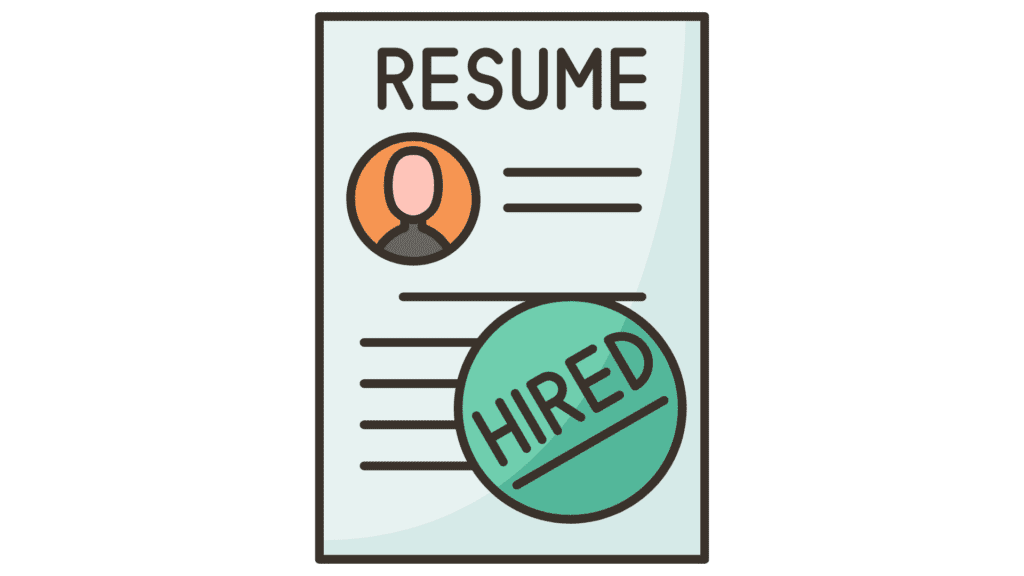How to Build a Digital Portfolio That Gets You Hired

Let’s talk about your digital portfolio. You know, that thing you keep putting off updating until you actually need a job.
And by then? Too late.
Whether you’re a designer, writer, developer, or really anyone who needs to show off their work, let’s break down how to make a portfolio that actually impresses people.
Portfolio Project Selection
First up – what actually belongs in your portfolio?
Here’s the truth: Quality over quantity. Nobody wants to scroll through 47 mediocre projects to find the good stuff.
Think of it like your greatest hits album:
- Only the bangers
- Skip the B-sides
- Leave them wanting more
Focus on your growth over time.
Visual Layout Essentials
Your portfolio needs to look good. But not in that “I just discovered Adobe Creative Suite” way.
Keep it:
- Clean (white space is your friend)
- Consistent (pick a style and stick to it)
- Simple (save the flashy stuff for TikTok)
Remember: If your portfolio looks like a MySpace page from 2005, we need to talk.
Multimedia That Works
Photos, videos, and animations are great, but use them like spices – enough to make it interesting, not enough to ruin it.
Your portfolio should work across devices. Many clients or employers will view it on phones or tablets, so make sure the design adapts with responsive layouts.
What Actually Works:
- High-quality visuals that load fast
- Short videos showing complex stuff
- Clear captions explaining what people are looking at
What Doesn’t:
- Autoplay anything (ever)
- Massive file sizes
- Unnecessary animations
Making It Shareable
After researching this article, here’s what matters:
Your portfolio needs to:
- Work on phones (duh)
- Load quickly
- Convert to PDF easily
- Not break when shared
You can easily turn Word files into PDF with an online converter.
Because let’s be real – if a hiring manager can’t open it, you’re not getting the job.
Navigation Done Right
Nobody should need a map to find your work.
Make it:
- Simple to browse
- Easy to find stuff
- Quick to get around
Think of it like a good Netflix interface – if it takes more than two clicks, it’s too many.
Telling Your Story
Here’s where most portfolios fail: They show the what but forget the why.
Your portfolio should tell the story of:
- Why you did each project
- What problems you solved
- How you grew from it
- What makes you different
In summary A great portfolio isn’t about showing everything you’ve ever done. It’s about showing the right things in the right way.
What We Know:
- Quality beats quantity
- Simple design works
- Fast loading matters
- Stories sell better than specs
What We Don’t Know:
- What exact projects will land you the job
- If anyone actually watches portfolio videos
- Why people still use Flash (please stop)






